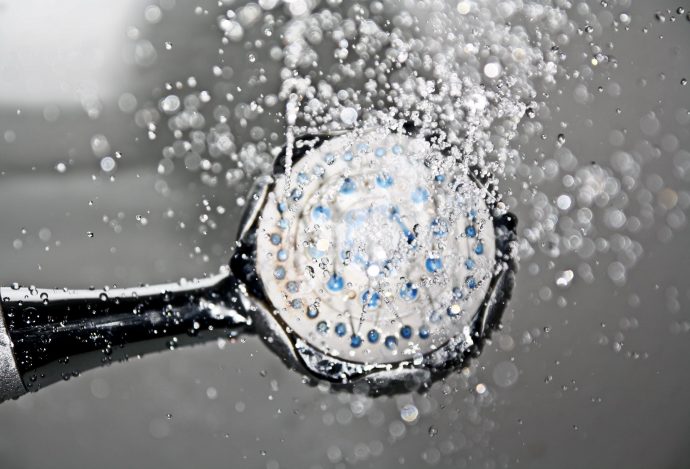From dishes to showers, a reliable flow of how water through your home is essential for an enjoyable and productive day. At some point, though, your water heater will begin to show signs of its age and no longer produce the hot water that you depend on. When this happens to your water heater, it’s important to understand what’s going on to know if your water heater needs to be repaired or replaced. To help you determine the difference, here are four signs that your water heater needs to be replaced.

Rust in Your Water
When you turn on your faucet, you expect to see clean, clear water. If your water begins to take on an orange tint, though, it could be a sign that it’s time to replace your water heater. As a water heater ages, the systems designed to keep the tank from rusting begin to break down. Eventually, the tank will rust, and if this rust gets stirred up, it can end up in your water. A rusty tank will eventually lead to tank failure, meaning that you need to replace your water heater as soon as possible.
Loud Pops
If your water heater sounds like a fireworks show when it’s heating the water, then it might be time for water heater repair or to replace your water heater. These pops are typically caused by air bubbles that form at the bottom of the tank during the heating process. If there is excessive rust and sediment at the bottom of the tank, then the air bubbles have to break through this layer as they rise to the surface, which results in the popping noise.
Lack of Hot Water
If you enjoy long, hot showers, then you know just how important a large supply of hot water is to this ritual. If you notice, though, that you’re having to cut your showers short, then it might be a sign that your water heater is on its way out. A lack of hot water could indicate that the elements required for heating are no longer working properly. Depending on the age of your water heater, these problems may be more easily fixed by upgrading to a new water heater.
Leaking Water
Sometimes, your water heater leaves no doubt as to its internal condition by leaking water in one or more locations. Though the cause could be the failure of a seal, this could also be an indication that the water heater has become so rusty inside that the water is coming through the metal. If you notice leaks, it’s important to try and drain your water heater as soon as possible to prevent major damage to the surrounding area.
Water heaters can be dangerous to work with if you don’t know what you’re doing. In addition to working around gas or electricity, the water in the tank is also under high pressure. If you do decide to work on your water heater, be sure to read the manual so that you can take the correct precautions. Of course, if you’re not comfortable tackling the job yourself, then it’s always best to contact a professional.

